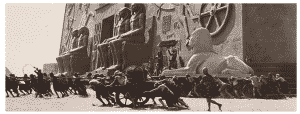
Reading: Nov 29 2017
Recommended Reading: Wednesday, November 29, 2017 How health care has held down US inflation Coal – the dirty secret of Europe’s energy policy. On the

Recommended Reading: Wednesday, November 29, 2017 How health care has held down US inflation Coal – the dirty secret of Europe’s energy policy. On the

Migrant European musicians, the Family of Man and David Hockney’s America.

Musical labour in the 19th century.

First take on the political vacuum in Germany.

First of series of blogs about fascinating grad student conference at University of Michigan.

Following up last week’s post on sovereign bond markets. Plus a giant Tajik dam!
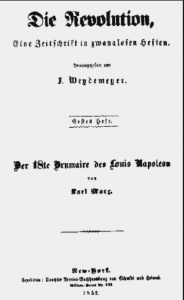
From Mensch to Man: How did gendered language get inserted into one of the most cherished passages of Marx’s writing?

Are modernization theories a frame for understanding the July crisis, or are they drivers of the crisis?
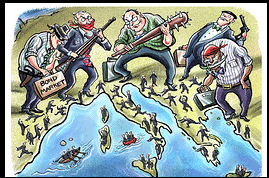
Charting the “strategic game” between sovereign borrowers and capital markets since 2008.
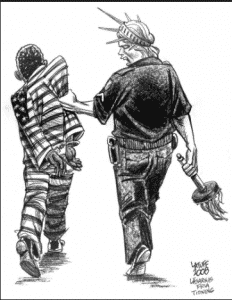
23 million Americans live with the stigma of incarceration or felony conviction. It is an engine of social destruction.

What are the implications if the IMF is correct and over the next five years the US is the only large net supplier of sovereign debt to global bond markets?
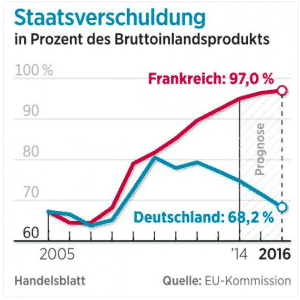
How did Germany make itself into a leader of austerity politics? The answer is less obvious than one might think.

Fascinating discussion in pages of FT of basic questions of distribution and growth and their implications for economic policy.

Along with Hartz IV & the debt brake the reform of childcare was a key part of the transformation of Germany’s political economy in early 2000s.

Wenn ich an Deutschland denke – musing about a new project on 21st-century Germany.
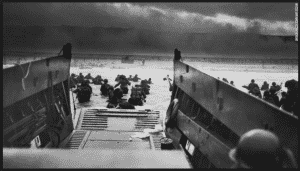
Should D-Day be located in a narrative that tracks back to 1940 or one that points forward to the nuclear age?
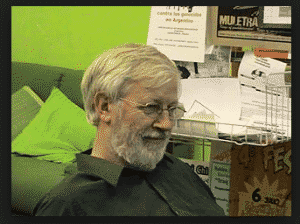
Recommending a brilliant non-reductive political economy of the Wall Street-City of London nexus and its role in the 2008 crisis.

How Europe’s banks almost ran out of dollars and the Fed saved them. What are the implications for the politics of global financial governance?

On Richard Overy’s important book about thinking about strategic bombing in World War II.
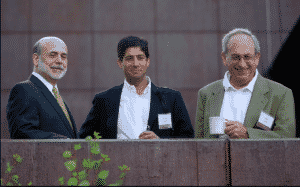
Brilliant piece by Sam Bell on the nightmare prospect of Kevin Warsh as Fed chair and the class politics of macroeconomic analysis.

How will global warming will hit the poorest counties of the United States?

How Athens threatened to blow up Draghi’s QE, but didn’t dare.

The financial crisis had an unusually severe impact on lowest income groups in the US.
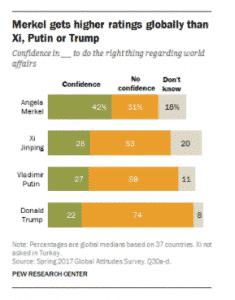
Illinois budget crisis, Chinese stimulus, Brit real wages, Merkel’s global popularity, BIS on globalization of labour market and wage pressure. Good day for charts!

The IMF’s evaluation of the Trump administration’s economic policies starts well but pulls it punches.

When did wages become responsive to macroeconomic conditions? The very long view.

How do we write the history of guns “after fascism”?
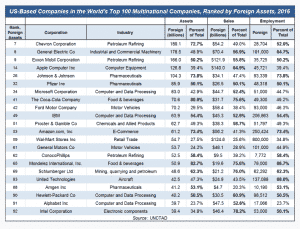
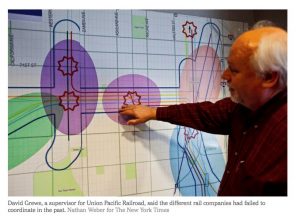
America’s Infrastructure problems come together at one Chicago intersection.
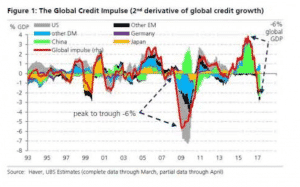
Foreboding developments in global credit conditions and also a look back.
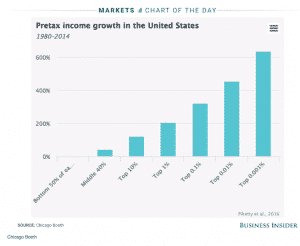

The $ 1.3 trn student debt problem is a gendered problem. Women are liable for 2/3 of it.

Can folks find Ukraine and North Korea on a map and is their ability to do so associated with their preference for military intervention? Unfortunately so. What might be a progressive response.
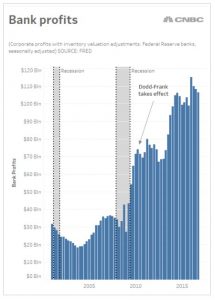
US bank profits have surged since the early 2000s and even more since the crisis.
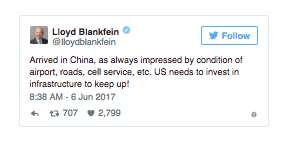
On Goldman, US infrastructure and the China-comparison.

The mystery of why construction costs so much in the US and why it matters for progressive politics.